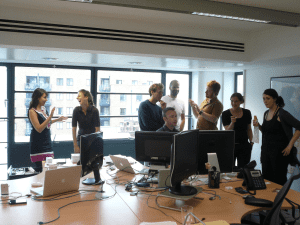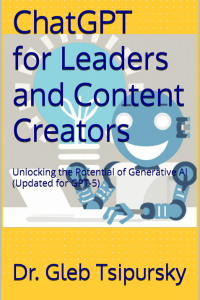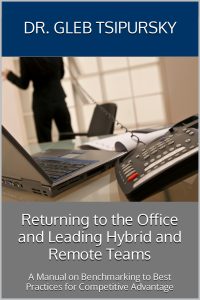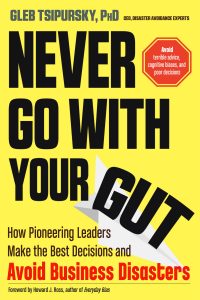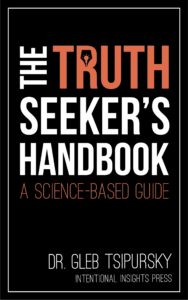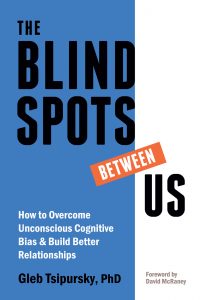Companies that fail to invest in the work from home office of their hybrid employees will lose out on productivity, wellbeing, retention, collaboration, and communication, all of which will reflect poorly on their bottom lines.
Jamie Dimon, CEO of JPMorgan Chase, has acknowledged that remote work has provided benefits for women and is likely to become a permanent feature of the workforce. He had previously been skeptical about the effectiveness of remote work
The shift towards hybrid and remote work has highlighted the importance of flexibility for women, as well as the need to address implicit biases against those who work flexibly and ensure that women are compensated fairly
The rise of flexible work has led to a suburban renaissance, with millennials embracing suburbs, culinary scenes thriving, and cognitive biases influencing our choices.
Hybrid work offers benefits and challenges, and HR plays a crucial role in navigating them. The future of work is flexible and human-centered.
The COVID-19 pandemic has reshaped the speakers bureaus industry, creating new opportunities in virtual and hybrid events, expanded topics, and technological innovation for growth in the post-pandemic world.
Speakers bureaus are finding opportunities to thrive by adapting to new formats and providing valuable solutions in the post-pandemic landscape.
Move away from time-based measures of productivity, focus on outcomes, set clear expectations, leverage collaboration tools, and embrace hybrid work.
Building a strong culture is crucial for success in remote work, fostering trust, values, output-based management, and constant adaptation
Speaker bureaus are thriving in the digital era by adapting to virtual and hybrid events, providing flexibility, and delivering high-quality speakers.
Hotdesking is the future of hybrid work, offering flexibility, cost savings, and fostering collaboration in a dynamic work culture.
Government agencies must embrace flexible work to retain talent, increase job satisfaction, productivity, and innovation, and prevent a mass exodus
Minimize hybrid employee time commuting by asking them to come in only for high-value face-to-face activities, such as intense collaboration, challenging conversations, cultivating belonging, and building weak connections.
Embracing 3D technology and hybrid work models can revolutionize remote work, enabling collaboration, innovation, and a sense of community
Remote work is becoming the new norm, with the right tools and processes in place, enabling productivity, work-life balance, and business continuity
The future of work involves employees choosing when and where to work, prioritizing collaboration and connection, and embracing sustainable growth
Offboarding remote employees requires careful planning, support, and transition management to protect company reputation and retain trust.
Adapting mentorship approaches in the hybrid work era is crucial to ensure junior employees thrive, with clear communication and support systems in place
Meeting equity is crucial for successful hybrid meetings, ensuring all participants have equal opportunities to contribute and be heard, fostering inclusivity and maximizing collective wisdom
Manager perceptions of hybrid work procrastination come from coordination problems. It’s the manager’s responsibility to fix them by learning the skills of managing an increasingly-hybrid workforce.
Trust, social capital, and intentional norms are key for effective hybrid work. The physical workspace and technology also play important roles
Hybrid work and outsourcing are the future of B2B marketing, providing flexibility, efficiency, and global collaboration for success
Hybrid work is on the rise, with over 70% of US employers embracing it. It offers benefits for both employers and employees, but requires effective communication, monitoring, and adaptation to thrive
Embrace flexible work and work-life balance. Expecting everyone to mirror your habits is impractical and hinders well-being and success.
Remote workers are 9% more productive than office workers and willing to accept lower wages for the flexibility. To ensure remote work productivity, businesses should provide the necessary tools, training, and communication channels.
Protect yourself from decision disasters by getting our free Wise Decision Maker Course, which includes 8 weekly video-based modules. As a bonus, you'll receive a free copy of our Assessment on Dangerous Judgment Errors in the Workplace when you sign up.














